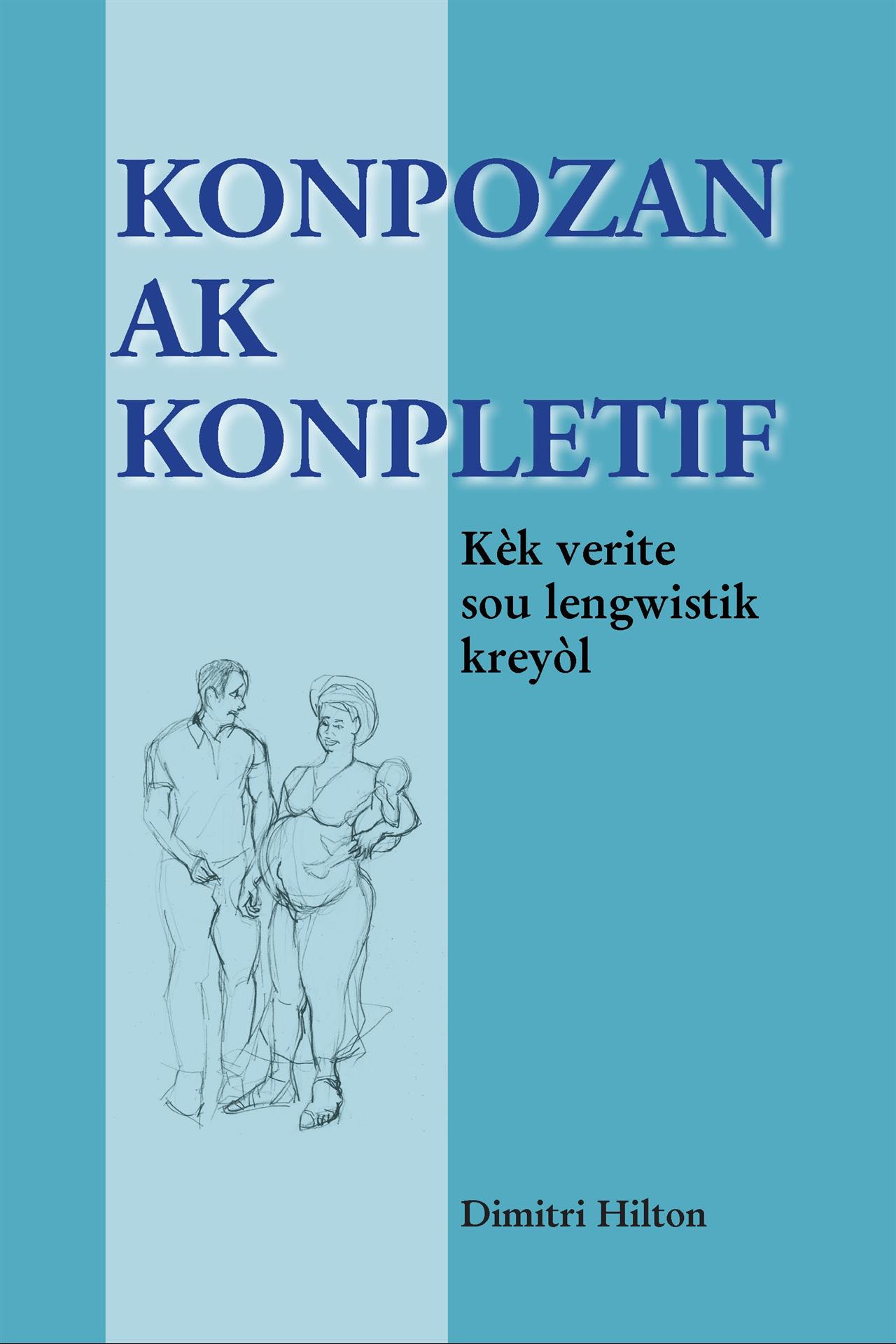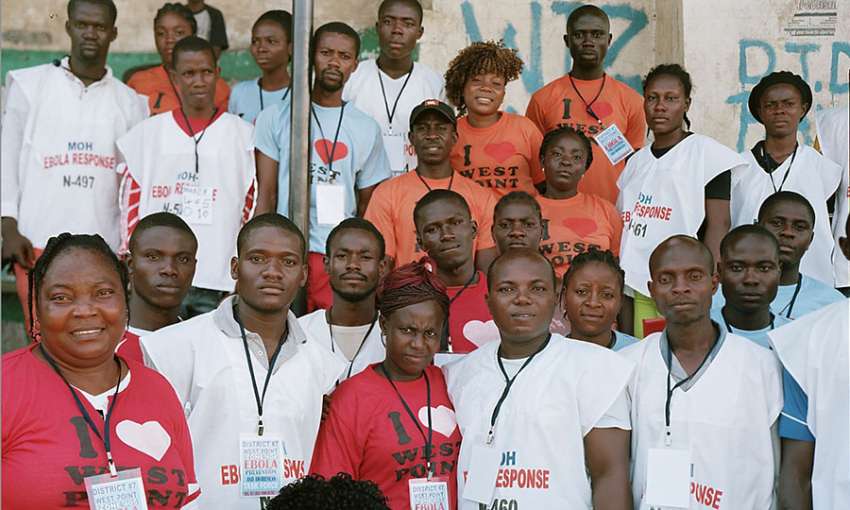

A second major group is comprised of African-American immigrants from the United States (sometimes referred to as Americo-Liberians) and their descendents.įinally, the third group consists of immigrants from the West Indies. The largest group is comprised of those indigenous people who migrated from Sudan as far back as the Middle Ages. Today three major groups of people can be identified within the country of Liberia. Although such older buildings are gradually giving way to more modern architecture, such old styles still serve as a reminder of the roots of Liberia’s founders. An interesting aspect of the city is its old style of architecture, which resembles the pre-Civil War architecture of the southern United States. Today, Monrovia is the capital of Liberia and the country’s largest city. Since its founding in 1822, the Americo-Liberian colony of Monrovia has served as the commercial and cultural center of Liberia. However the war continued until 1996, killing a total of about 150,000 people and displacing an estimated 1 million. In the early 1990s, the Economic Community of West African States (ECOWAS) sent a peacekeeping force into Liberia in an attempt to establish peace in the area. In 1989, a violent Civil War erupted, incited by the National Patriotic Front of Liberia (NPFL), a dissident rebel group that included an army of approximately 10,000 men. The Liberian Civil WarĪmerico-Liberians controlled the Liberian government until 1980, when the government was overthrown by a military coup.

A Liberian constitution, modeled on that of the United States, was established the same year and Joseph Jenkins Roberts, a black man, became the newly independent country’s first official president. In 1847, Liberia became a fully independent republic. Due to conflict between the new colony and the United States, the Americo-Liberian colonists were soon awarded almost complete control of the government. The majority of Americo-Liberians arrived before 1865, after which point the waves of migration became increasingly intermittent. For example, they were not given voting rights. Although forced labor was successfully abolished by 1936, the native Africans residing in Liberia were still seen as second-class. The scandal that ensued prompted the Liberian government to rid the country of all forced-labor practices. In 1931, Liberia was rocked by scandal when the League of Nations reported that Americo-Liberian migrants were using the native African populations of the area for forced labor – essentially enslaving them. In 1824, the US agent for the newly founded society, Ralph Randolph Gurley, christened the new colony “Liberia.” Gurley also labeled the settlement concentrated at Cape Mesurado “Monrovia” – today, the capital of Liberia. The first Americo-Liberians to settle the new land are thought to have arrived in the early 1820s. Although English is the country’s official language and the Americo-Liberians have controlled Liberia’s government for the majority of the country’s history, only about one-fifth of Liberia’s residents claim Liberian Kreyol language as their native tongue. The unique form of English spoken in Liberia, known as Liberian Pidgin English or Liberian Kreyol language, was developed among the population of Americo-Liberians, the freed slaves who migrated to Liberia from the United States in the 19th century.īased primarily on the English language that these freed slaves spoke in the United States, Liberian Kreyol evolved from standard English as it adopted words from the French and nearby West African languages. Development of Liberian Pidgin English (Liberian Kreyol) Known as Americo-Liberians, the history of this group and the role they played in the early history of the country are intriguing. The freed African-American slaves who migrated to Liberia from the United States are largely credited with the founding of Liberia.

Six years later, native African rulers gave US representatives an area of land along the Cape of Mesurado. The organization initially attempted to resettle freed American slaves in Sierra Leone however, this endeavor proved unsuccessful. In 1816 the American Colonization Society, an organization designed to aid in the resettlement of freed African-American slaves, was established.

The Founding of Liberia: Resettlement of Freed American Slaves


 0 kommentar(er)
0 kommentar(er)
